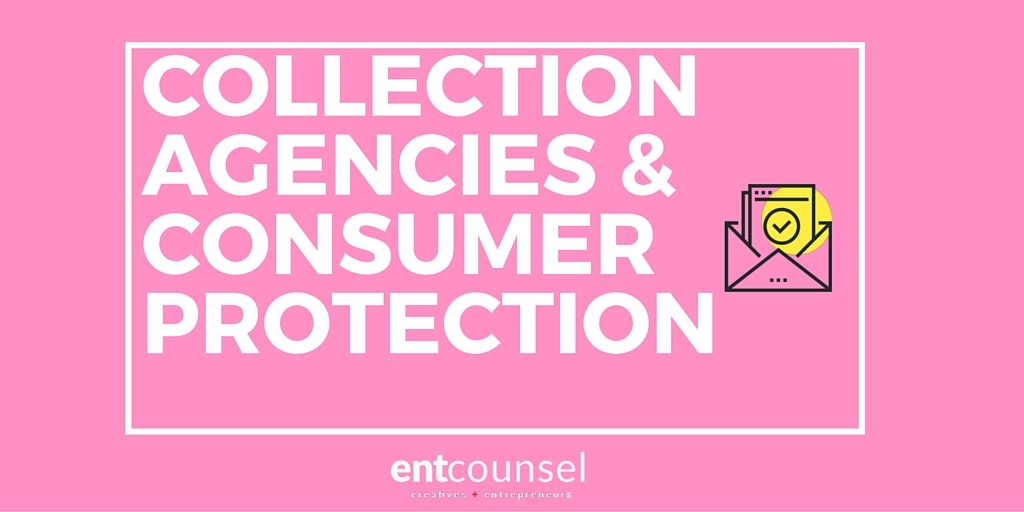Getting a collection letter from a collection agency can be pretty frightening. What are your rights when it comes to collection agencies? Collection agencies can be unscrupulous and aggressive when it comes to collecting debts. The following will help you with some tips on what to be aware of when you are contacted by a collection agency. If you do owe money, the best thing to do is pay any money you owe as soon as possible or propose a payment plan. Collection agencies can report you to the consumer reporting agency which can affect your credit record. More information can be found in the Collection and Debt Settlement Service Act, R.S.O 1990, c. C.14., the Consumer Protection Act and Consumer Protection Ontario.
Collection Letter and Collection Agencies
Collection Agency Requirements in Sending A Collection Letter
The collection agency has to comply with the following:
- The collection agency must be registered with the Government of Ontario.
- A collection agency is required to send you a written notice by mail (and not email) which includes the following information:
- name of creditor
- amount of money owed
- name of the collection agency and a statement that credit has asked you to collect the debt
- A collection agency then has to wait 6 days before they contact you in person, by email or by phone (even by leaving a message). After the initial conversation, they can only contact you no more than three times in a seven day period without your consent.
- Collection agencies can contact you on a Sunday between 1 pm and 5 pm only. They cannot contact you on holidays or between 9 pm and 7 am during the week.
- Collection agencies cannot harass you, intimidate you or charge additional fees.
How to Deal with A Collection Letter from a Collection Agency
When you are first contacted, ask the collection agency for their Ontario registration number and whether they have provided you with a written notice.
If you dispute the debt, you can send a registered letter indicating that you dispute the amount and the reason for disputing the amount owed and ask them to take you to court. It’s important to set out in a letter why you feel they did not provide the service/product that they are asking you to pay for. You can include a consumer complaint with this letter if you file a complaint with the Consumer Protection Branch with the Ministry of Government and Consumer Services. You can submit a complaint online or by mail by mailing a complaint form to:
Ministry of Government and Consumer Services
Consumer Protection Branch
Box 450
1201 Wilson Ave Building A
North York ON
M3M 1J8
Email: [email protected]
Fax: 416-326-8665
If the business does not respond to the Ministry after two notifications about the consumer complaint or they are charged or convicted pursuant to the Consumer Protection Act or other acts of the Ministry, then they may be placed on the Consumer Beware List. You can view recent convictions here.
How to Handle a Collection Letter
If you owe the money, it’s strongly recommended that you pay it as soon as possible or arrange a payment plan. Your debt can be sold to another person which is not a collection agency meaning the Collection and Debt Settlement Services Act would not apply. If you do not pay your debt, the collection agency may take you to court. If they are successful, they can seize your assets or garnish your salary. If you owe Revenue Canada money, here are the steps involved with their collections.



